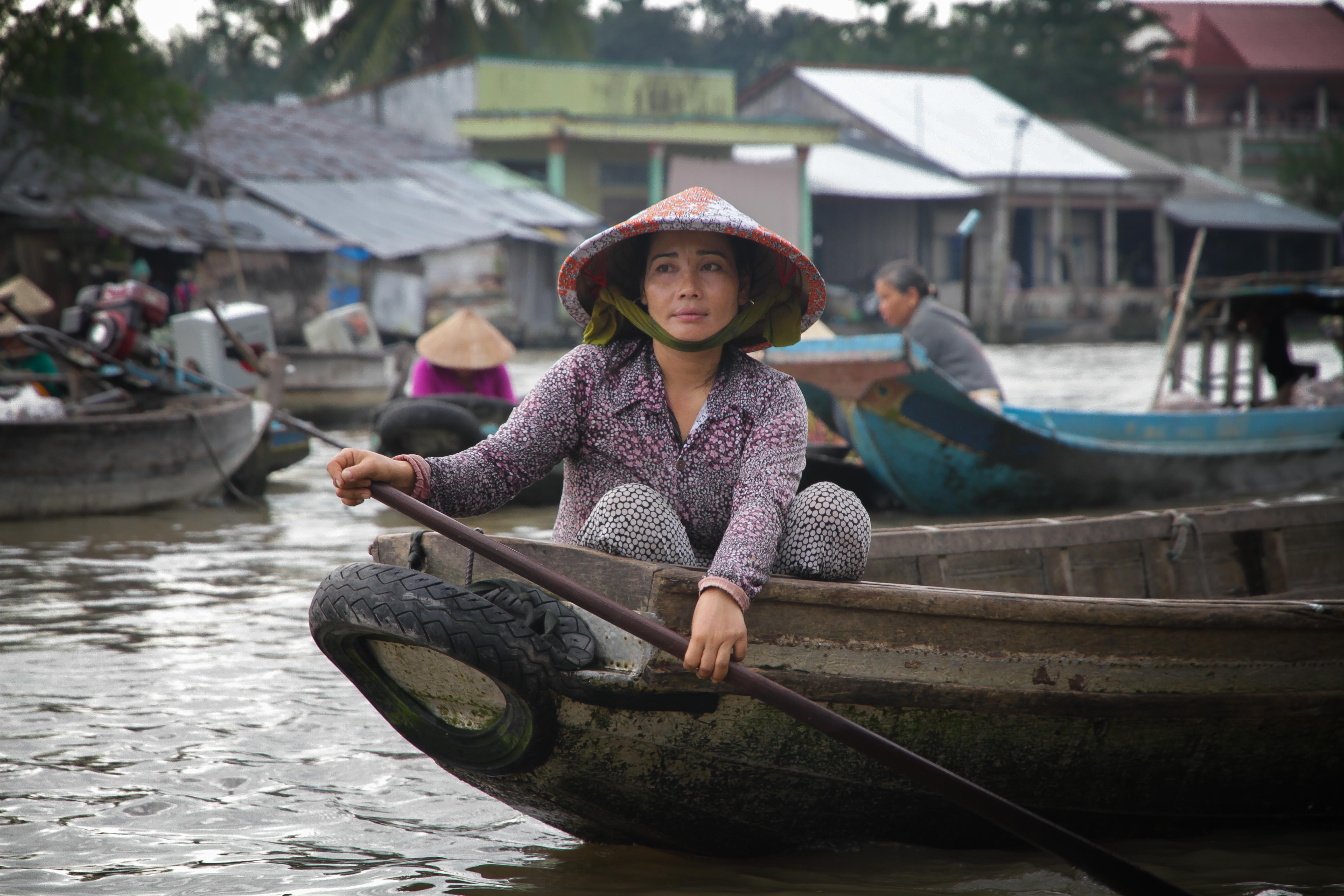International project seeks to improve the lives of women in the Mekong region
An international project focused on water governance in Southeast Asia is seeking to improve the lives of women in the Mekong Region.
An international project focused on water governance in Southeast Asia is seeking to improve the lives of women in the Mekong Region.

An international project focused on water governance in Southeast Asia is seeking to improve the lives of women in the Mekong Region.
It follows a recent paper, co-authored by UNSW Canberra researcher Dr Pichamon Yeophantong, which highlights women’s contributions to better governance, social, and environmental outcomes for rivers in the Mekong region.
This research prompted Dr Yeophantong and International WaterCentre Alumni Network’s Dr Karen Delfau to consider how the systemic barriers to women’s involvement in water governance processes can be better addressed.
In collaboration with Kanokwan Manorom at Ubon Ratchathani University in Thailand and Nang Shining, Director of the Mong Pan Youth Association in Myanmar’s Shan State, they are now starting a research program focused on knowledge co-creation and engagement processes in communities in north-eastern Thailand and southern Shan States.
“Co-creation processes are aimed at putting the tools, knowledge and decision-making into the hands of the individuals whose lives they directly affect,” Dr Yeophantong said.
“This provides individuals with the support they need to authentically engage in the policy process.”
The team will study co-creation processes through a series of interviews and focus group discussions with regional and local policymakers, civil society organisations, and district schools to better understand how co-creation can unfold at two field sites in Myanmar and Thailand.
The project, Co-creating knowledge to Enhance Women’s Leadership for Inclusive River Governance and Livelihood Resilience in the Mekong Region, seeks to unpack how co-creation works at the local and regional levels and explore ways that co-creation can support women to have their voices heard in water governance, particularly during and after the COVID-19 pandemic.
“The project’s primary objective is to accelerate progress towards women’s leadership in river governance and to enhance women’s livelihood resilience in mainland Southeast Asia by identifying and implementing the most effective mechanisms for knowledge co-creation,” Dr Delfau said.
Impactful participation in water governance, particularly for women, indigenous and other marginalised groups, can often prove challenging, costly, or just impossible.
Over the past decade, knowledge co-creation has emerged as a pathway to greater engagement and deeper participation, where all participants are valued and involved in designing and implementing governance strategies and mechanisms.
The team is engaging a spectrum of community members to co-design and implement a ‘Mekong curriculum’.
The aim of the curriculum is to support communities to develop, use and make sense of key tools and concepts applicable to river governance.
The team is now compiling a list of interviewees and would be interested in connecting with others who have incorporated co-creation in their programming to support communities in addressing complex water-related challenges in Southeast Asia and globally.
They are also looking to speak with policy practitioners who have employed co-creation methodologies to support water governance, climate change, and livelihood transitions.
More information about the project is available here.
Co-creating Knowledge to Enhance Women’s Leadership for Inclusive River Governance and Livelihood Resilience in the Mekong Region is funded by a one-year grant from SUMERNET to IWCAN.